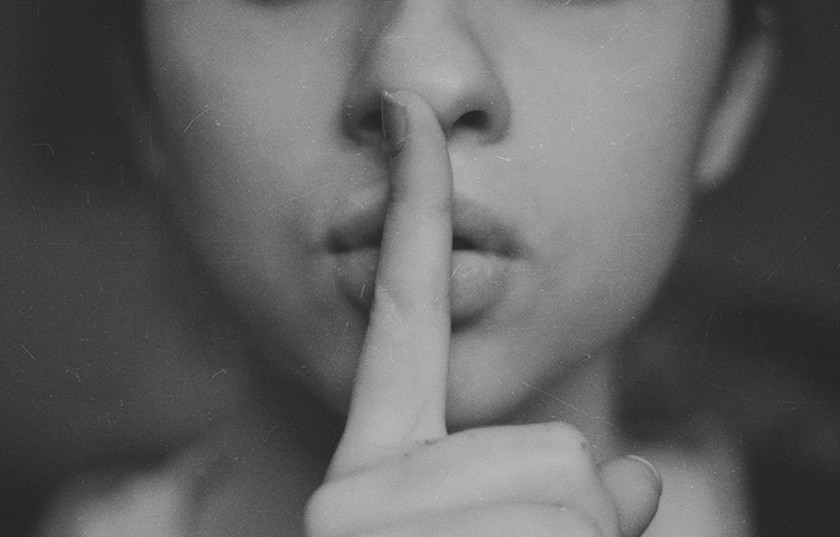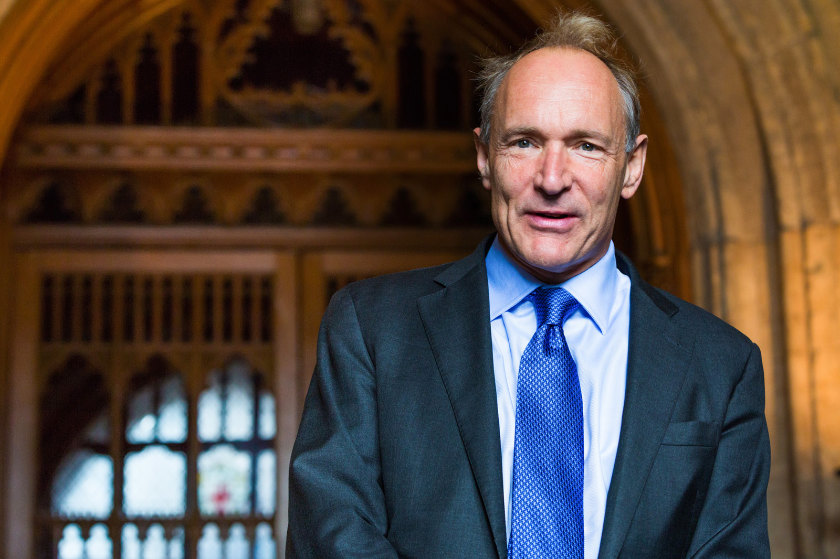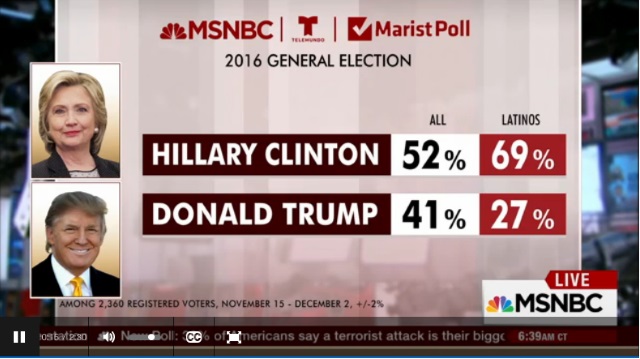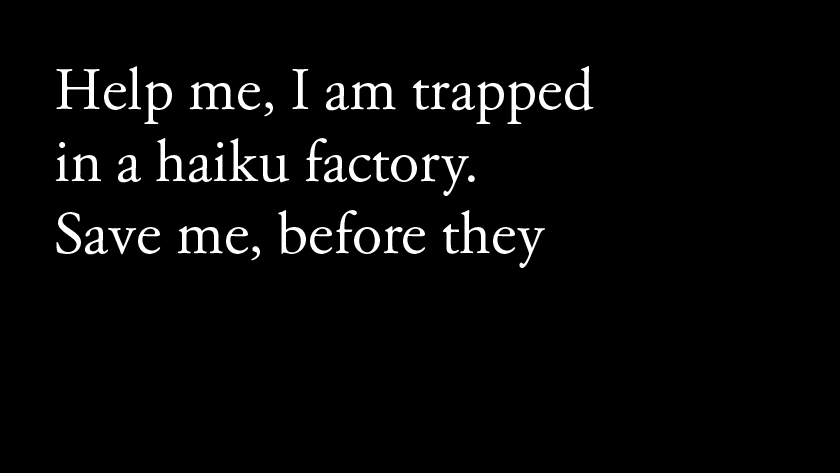
Kristina Flour/Unsplash
This Twitter thread by Yishan Wong is one of the most interesting I’ve come across. Not because it’s about Elon Musk (who he begins with), but because it’s about the history of the web, censorship, and the reality of running a social platform.
Here are some highlights (emphases in the original):
There is this old culture of the internet, roughly Web 1.0 (late 90s) and early Web 2.0, pre-Facebook (pre-2005), that had a very strong free speech culture.
This free speech idea arose out of a culture of late-90s America where the main people who were interested in censorship were religious conservatives. In practical terms, this meant that they would try to ban porn (or other imagined moral degeneracy) on the internet …
Many of the older tech leaders today … grew up with that internet. To them, the internet represented freedom, a new frontier, a flowering of the human spirit, and a great optimism that technology could birth a new golden age of mankind.
Fast forward to the reality of the 2020s:
The internet is not a “frontier” where people can go “to be free,” it’s where the entire world is now, and every culture war is being fought on it.
It’s the main battlefield for our culture wars.
Yishan points out that left-wingers can point to where right-wingers get more freedom to say their piece, and that right-wingers can point to where left-wingers get more. ‘Both sides think the platform is institutionally biased against them.’
The reality:
They would like you (the users) to stop squabbling over stupid shit and causing drama so that they can spend their time writing more features and not have to adjudicate your stupid little fights.
That’s all.
They don’t care about politics. They really don’t.
He concedes that people can be their worst selves online, and that the platforms struggle to keep things civil.
They have to pretend to enforce fairness. They have to adopt “principles.”
Let me tell you: There are no real principles. They are just trying to be fair because if they weren’t, everyone would yell louder and the problem would be worse …
You really want to avoid censorship on social networks? Here is the solution:
Stop arguing. Play nice. The catch: everyone has to do it at once.
I guarantee you, if you do that, there will be no censorship of any topic on any social network.
Because it is not topics that are censored. It is behavior.
I think Yishan’s right to some degree. There are leanings that the leaders of these social networks have, and I think that can affect the overall decisions. But he’s also right that both left and right feel aggrieved. I warned as much when I wrote about social media and their decision about Donald Trump in the wake of the incidents of January 6, 2021. I’ve seen left- and right-wing accounts get taken down, and often for no discernible reason I can fathom.
Generally, however, civil discourse is a perfectly fine way to go, and for most things that doesn’t invite censorship or account removal. Wouldn’t it be nice if people took him up on this, to see what would happen?
Sadly, that could well be as idealistic as the ‘new frontier’ which many of us who got into the dot com world in the 1990s believed in.
But maybe he’s woken up some folks. And with c. 50,000 followers, he has a darn sight better chance than I have reaching just over a tenth of that on Twitter, and the 1,000 or so of you who will read this blog post.
During the writing of this post, Vivaldi crashed again, when I attempted to enter form data—a bug that they believed was fixed a few revisions ago. It appears not. I’ll still send over a bug report, but everything is pointing at my abandoning it in favour of Opera GX. Five years is a very good run for a browser.





